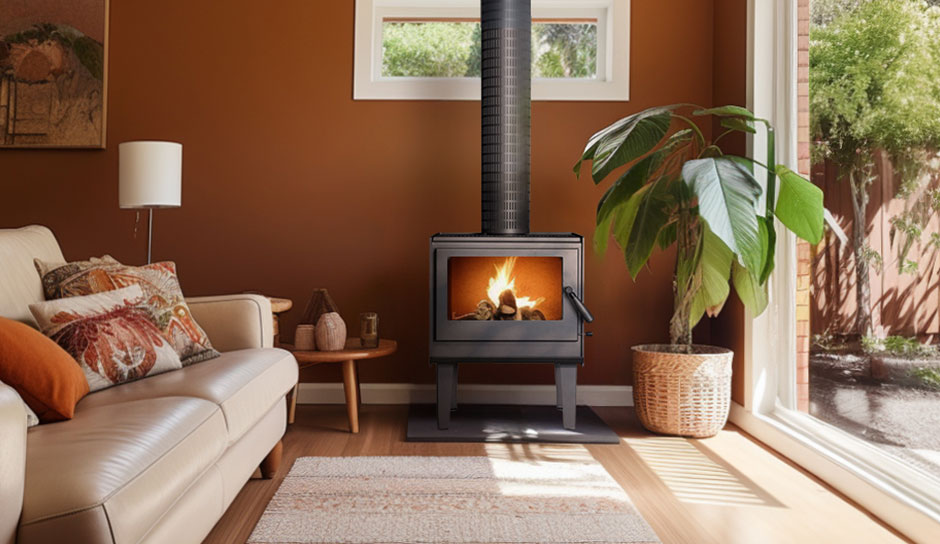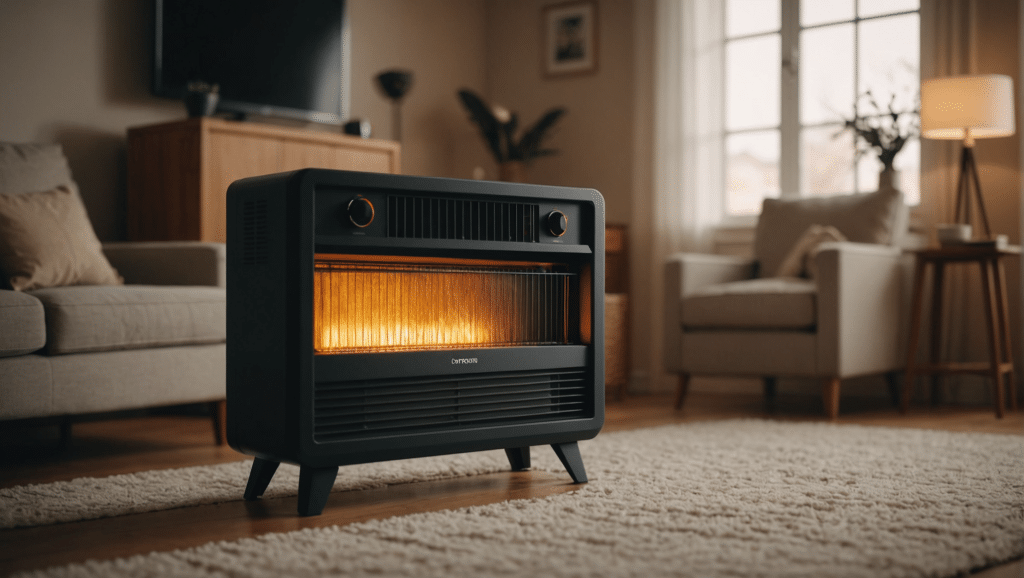
Why Heater Repair Matters
When the chill sets in, a functioning heater isn't just a luxury—it's a necessity. A malfunctioning heater can lead to discomfort, increased energy bills, and even safety hazards. That's why understanding when and how to repair heaters is crucial.
Imagine waking up to a freezing home. Or worse, dealing with a heater that emits strange smells or noises. These are clear signs that your heater needs attention. Ignoring these issues can lead to more significant and costly problems down the line.
Common Heater Problems and How to Spot Them
Heaters, like any other appliance, can experience a range of issues. Recognizing these problems early can save you time and money. Here are some common signs that your heater needs repair:
- No Heat: The most obvious sign. If your heater isn't producing any heat, it's time to investigate.
- Weak Airflow: If the air coming from your vents is weak, it could indicate a problem with the blower or ductwork.
- Strange Noises: Banging, rattling, or squealing noises can signal mechanical issues.
- Unusual Smells: Burning or musty odors should never be ignored. They could indicate a safety hazard.
- Increased Energy Bills: A sudden spike in your energy bills could mean your heater is working harder than it should.
- Frequent Cycling: If your heater turns on and off frequently, it might be a sign of a faulty thermostat or other issues.

If you notice any of these signs, don't hesitate to seek professional help. Addressing these problems promptly can prevent them from escalating.
Finding Reliable Heater Repair Services
When it comes to repairing heaters, choosing the right service provider is essential. Here's what to look for:
- Experience and Expertise: Look for technicians with proven experience in heater repair.
- Licensing and Certification: Ensure the company is licensed and certified to perform HVAC work.
- Customer Reviews and Testimonials: Read online reviews to gauge the company's reputation.
- Transparent Pricing: Get a clear estimate before any work begins.
- Emergency Services: Choose a company that offers 24/7 emergency repair services.
- Warranty and Guarantees: Inquire about warranties on parts and labor.

A reputable repair service will prioritize your safety and comfort. They'll also provide honest and reliable advice.
DIY Heater Maintenance Tips
While some repairs require professional help, there are a few maintenance tasks you can do yourself to keep your heater running smoothly:
- Change Air Filters Regularly: Clean or replace air filters every 1-3 months.
- Keep Vents Clear: Ensure vents are free from obstructions.
- Test Your Thermostat: Make sure your thermostat is functioning correctly.
- Inspect the Pilot Light: If you have a gas heater, check the pilot light regularly.
- Clean the Area Around the Heater: Keep the area around your heater free from clutter.
Regular maintenance can prolong the life of your heater and improve its efficiency.
Heater Safety Tips

Safety should always be a top priority when dealing with heaters. Here are some essential safety tips:
- Install Carbon Monoxide Detectors: Place detectors on every level of your home.
- Keep Flammable Materials Away: Keep curtains, furniture, and other flammable materials away from heaters.
- Never Block Vents: Blocking vents can lead to overheating and fire hazards.
- Schedule Regular Inspections: Have your heater inspected annually by a professional.
By following these safety tips, you can ensure a warm and safe home during the colder months.
Conclusion: Stay Warm with Reliable Heater Repair
Repairing heaters is a crucial part of home maintenance. By understanding common problems, finding reliable repair services, and following safety tips, you can ensure a warm and comfortable home throughout the year. Don't wait until it's too late—address heater issues promptly to avoid costly repairs and safety hazards.
© [Your Website Name] - All Rights Reserved
No comments:
Post a Comment
Note: Only a member of this blog may post a comment.